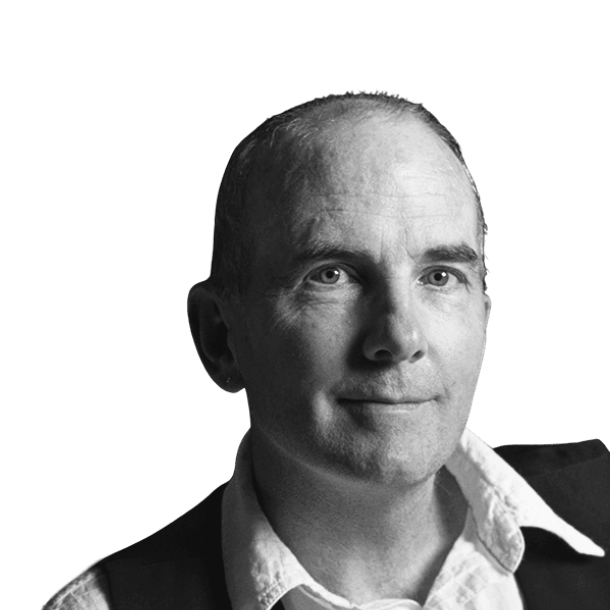View the archive of my 90-minute class and discover the Five Things I’ve Learned about the historic roots of cheerfulness, and about how our control this essential tool of emotional life lies not in our deepest selves but in our social relationships.
My name is Timothy Hampton. I’m professor of literary studies at the University of California at Berkeley. I’m here to invite you to my upcoming live class, Five Things I’ve Learned About Cheerfulness.
I’ve been thinking about cheerfulness a lot recently. We live in very difficult times, and as I’ve struggled with the emotional roller coaster of the COVID era, I’ve been on the look out for wisdom and for emotional resources that can help guide me. I realized that there were days– sometimes many days in a row – when I needed to reset my way of looking at things, and my ways of responding to the world. I realized, too, that increased isolation and uncertainty was leaving me less open to others around me.
During this time, I read a sentence by the philosopher Montaigne, who says, “the surest form of wisdom is a constant cheerfulness.” I read it again, and I wondered, What could he mean? And, how could go about achieving the constant cheerfulness Montaigne recommends?
In Five Things I’ve Learned About Cheerfulness, I’ll share with you what I’ve found: what I’ve learned about the deep roots of cheerfulness in religion, about the concept’s changing status in the world of the European Enlightenment, and about how attention to the work of cheerfulness can help us better understand our own present-day situation.
During our time together, I don’t aim to teach you “how” to be cheerful – this isn’t a class focused on self-actualization or self-help. Rather, I’ll show how writers such as Ralph Waldo Emerson, Jane Austen, and Friedrich Nietzsche investigate cheerfulness’s power over human activity – and how their discoveries still speak to us today.
As it happens, I’ve put my time during the pandemic to use by writing a book on this topic, called Cheerfulness: A Literary and Cultural History. In it explore how many of the greatest artists and philosophers – from Shakespeare to Louis Armstrong – have described and embodied cheerfulness. In fact, cheerfulness is often overlooked by people who write about emotional or psychological life. Unlike many emotional states, it is fleeting. And yet, it is an essential emotion. As I’ll explain, its origin lies not in our deepest selves but in our social relationships. And we can control it—we can make ourselves cheerful. And when we do so, cheerfulness becomes an essential tool of emotional life.
I hope you will join me for this stimulating and cheerful session about the history of this too-often-overlooked emotion. I want to explore with you this strange and powerful emotional state because I’ve found that contemplating cheerfulness helps us to develop resources for lighting up the emotional darkness.
As Shakespeare said, “Cheerly, cheerly!”
Please join me.
Timothy Hampton

